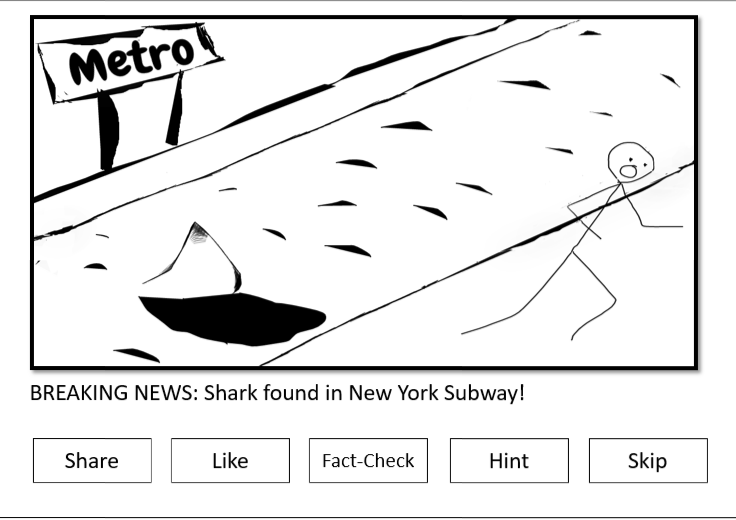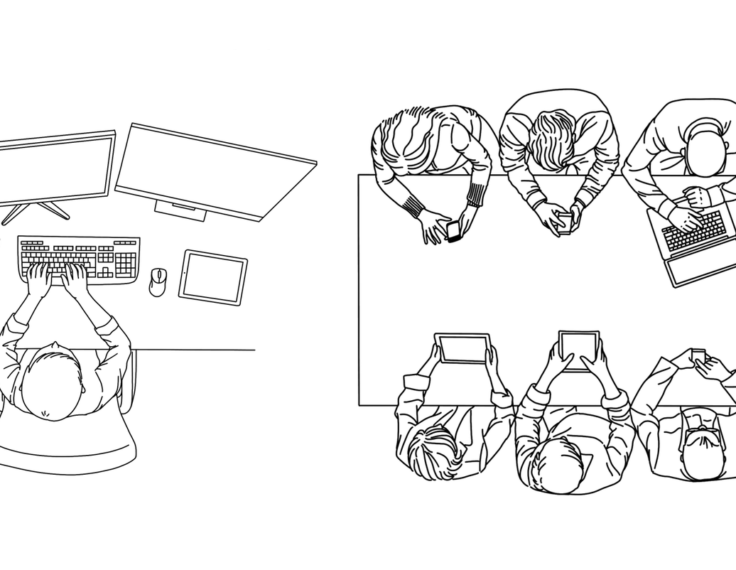Explore All Articles
All Articles
Article Topic

COVID-19
Anger contributes to the spread of COVID-19 misinformation
Jiyoung Han, Meeyoung Cha and Wonjae Lee
A survey conducted over South Korean adults (N=513) reveals that emotions, specifically anger, contribute to the broader spread of misinformation on COVID-19 by leading angry individuals to consider false claims to be “scientifically credible.” This pattern is more evident among conservatives than liberals.

COVID-19
Not just conspiracy theories: Vaccine opponents and proponents add to the COVID-19 ‘infodemic’ on Twitter
Amelia M. Jamison, David A. Broniatowski, Mark Dredze, Anu Sangraula, Michael C. Smith and Sandra C. Quinn
In February 2020, the World Health Organization announced an ‘infodemic’—a deluge of both accurate and inaccurate health information—that accompanied the global pandemic of COVID-19 as a major challenge to effective health communication. We assessed content from the most active vaccine accounts on Twitter to understand how existing online communities contributed to the ‘infodemic’ during the early stages of the pandemic.

COVID-19
Misinformation more likely to use non-specific authority references: Twitter analysis of two COVID-19 myths
Joseph McGlynn, Maxim Baryshevtsev and Zane A. Dayton
This research examines the content, timing, and spread of COVID-19 misinformation and subsequent debunking efforts for two COVID-19 myths. COVID-19 misinformation tweets included more non-specific authority references (e.g., “Taiwanese experts”, “a doctor friend”), while debunking tweets included more specific and verifiable authority references (e.g.,

COVID-19
Ambiguity in authenticity of top-level Coronavirus-related domains
Nathanael Tombs and Eleonore Fournier-Tombs
During the novel coronavirus (Covid-19) crisis, citizens have been attempting to obtain critical information and directives from official government websites. These are usually hosted on top-level domains, such as coronavirus.mx. There is no reliable mechanism to verify these websites’ authenticity, and the space is also shared by commercial entities selling related (or not) products and advertisements.

Can WhatsApp benefit from debunked fact-checked stories to reduce misinformation?
Julio C. S. Reis, Philipe Melo, Kiran Garimella and Fabrício Benevenuto
WhatsApp was alleged to have been widely used to spread misinformation and propaganda during the 2018 elections in Brazil and the 2019 elections in India. Due to the private encrypted nature of the messages on WhatsApp, it is hard to track the dissemination of misinformation at scale.

COVID-19
The spread of COVID-19 conspiracy theories on social media and the effect of content moderation
Orestis Papakyriakopoulos, Juan Carlos Medina Serrano and Simon Hegelich
We investigate the diffusion of conspiracy theories related to the origin of COVID-19 on social media. By analyzing third-party content on four social media platforms, we show that: (a) In contrast to conventional wisdom, mainstream sources contribute overall more to conspiracy theories diffusion than alternative and other sources; and (b) platforms’ content moderation practices are able to mitigate the spread of conspiracy theories.

Exposure to social engagement metrics increases vulnerability to misinformation
Mihai Avram, Nicholas Micallef, Sameer Patil and Filippo Menczer
News feeds in virtually all social media platforms include engagement metrics, such as the number of times each post is liked and shared. We find that exposure to these signals increases the vulnerability of users to low-credibility information in a simulated social media feed.

COVID-19
Meme factory cultures and content pivoting in Singapore and Malaysia during COVID-19
Crystal Abidin
This paper is a qualitative ethnographic study of how a group of meme factories in Singapore and Malaysia have adapted their content programming and social media practices in light of COVID-19. It considers how they have fostered, countered, or challenged the rise and spread of misinformation in both countries.

Images and misinformation in political groups: Evidence from WhatsApp in India
Kiran Garimella and Dean Eckles
WhatsApp is a key medium for the spread of news and rumors, often shared as images. We study a large collection of politically-oriented WhatsApp groups in India, focusing on the period leading up to the 2019 Indian national elections. By labeling samples of random and popular images, we find that around 10% of shared images are known misinformation and most fall into three types of images.

COVID-19
Ibuprofen narratives in five European countries during the COVID-19 pandemic
Sergi Xaudiera and Ana S. Cardenal
We follow the trajectory of the unverified story about the adverse effects of using Ibuprofen for treating the Coronavirus disease 2019 (COVID-19) on Twitter, across five European countries. Our findings suggest that the impact of misinformation1We use the term misinformation to refer to false or inaccurate information that is shared accidentally.

